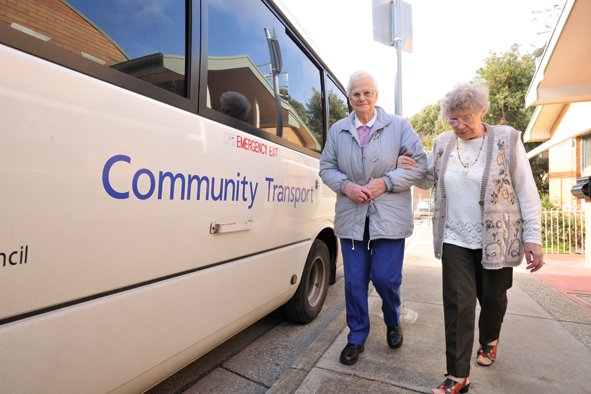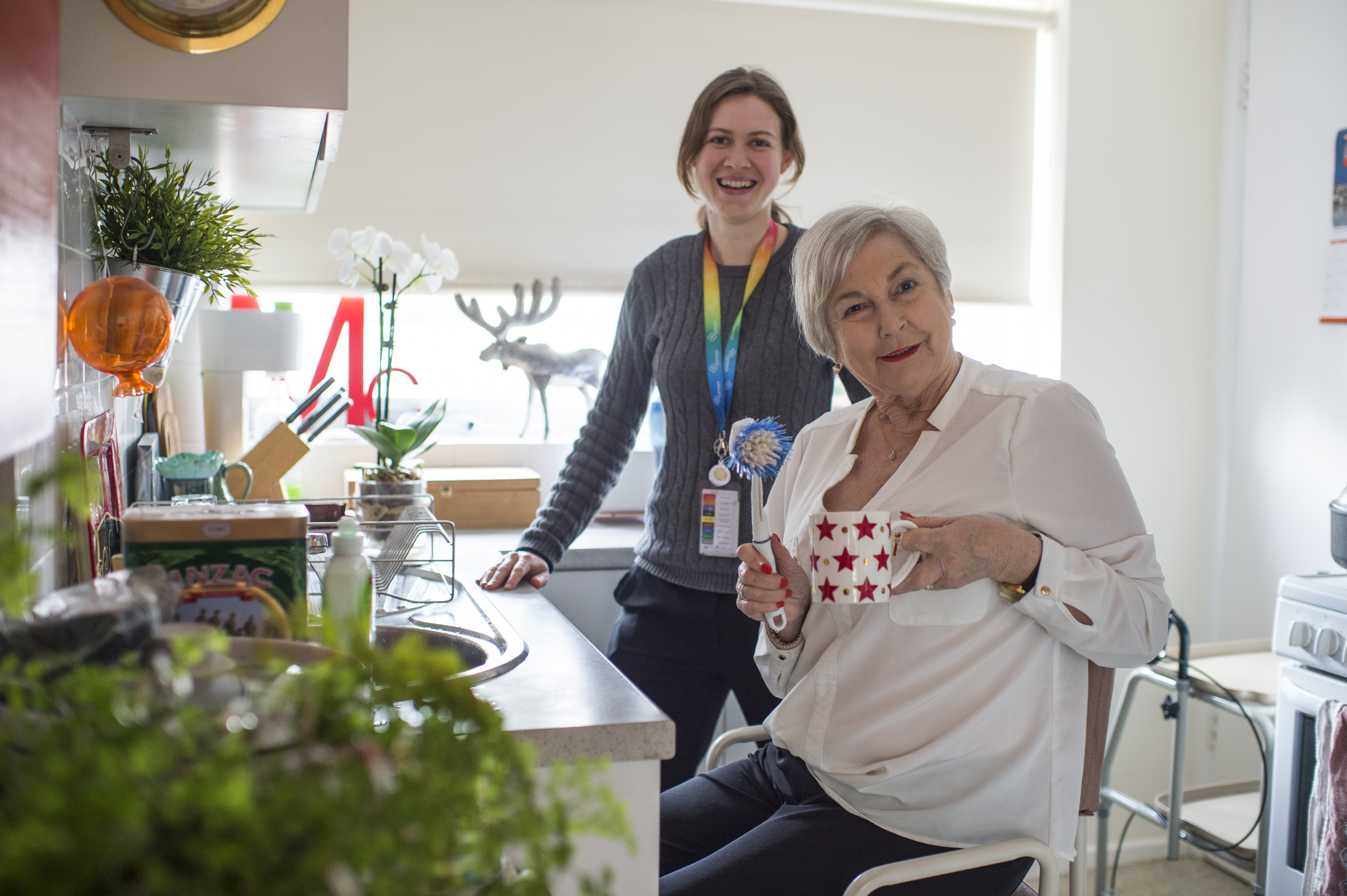Select from the following services
It’s the most egg-cellent time of the year!

Whether you are partial to the chocolate, vegan chocolate or the traditional, natural chooky kind, there is a great chance you will partake in some kind of egg-eating over the Easter break.
To help you make healthy decisions about your egg intake this Easter, we break open the health facts to guide the weekend’s egg consumption.
Chocolate Easter Eggs
It’s no secret that chocolate Easter eggs are not good for you, but for many they’re an inevitable part of Easter. So how unhealthy are they?
Calories
A 130g Cadbury’s chocolate egg contains about 537 calories. That’s a quarter of the recommended daily of 2000 calories for a woman (and 2,500 for men).
Sugar
Milk chocolate eggs are about 50-60% sugar. It’s the first ingredient on the list.
Sugar as a % total calories
The World Health Organisation (WHO) says a maximum 10% of total daily calories should come from added sugars, that’s about 50g. But ideally it should be less than 5%.
So much chocolate
Between generous friends and family, and Easter egg hunts, children in particular can end up with a large number of eggs. This increases the potential calorie and sugar intake. Be careful to help them manage how quickly that supply is consumed.
Lacking nutrients
While high in sugar and carbohydrates, Easter eggs contain very few nutrients, like the fibre or vitamins found in vegetables and fruit. While they do have about 3% protein, this is low compared to eating a proper protein source like meat, fish or real eggs.
Calories per serve
Easter egg packaging often states calories ‘per serving’, not per egg. Yet a ‘serving’ quantity is 25g, which is less than a standard chocolate bar. Make sure you’re aware how much you’re eating.
Those little extras
A creme egg may not look big and can be a tasty treat, but at 170 calories in a 34g serving, 19g is sugar and 23g is carbohydrates - think carefully before overindulging.
Your teeth
Easter doesn’t only pose health issues for your waistline, but also your teeth. Sugar in the mouth produces acid that can attack tooth enamel, leading to decay. Snacking on chocolate or sweets increases and prolongs the amount of acid, increasing the risk to your teeth (and your children’s).
Chook Eggs
While possibly not as popular as their chocolate counterparts, chook eggs still have a large role to play over Easter with long relaxing brunches and whimsical decorating. But do real eggs pose as many health risks as their chocolate buddies?
Thankfully, our friends at the Heart Foundation says they don’t.
Eggs are a complete source of protein, vitamin A, E and B12, selenium choline, iron and cholesterol. However, the cholesterol in eggs has minimal effect on blood cholesterol.
It is foods high in saturated fat and trans-fat that have the greatest impact on your cholesterol levels. The neutral relationship between eggs and heart health means eggs neither increase nor decrease the risk of heart disease in most people.
How many eggs should you eat per week?
The Heart Foundation does not set a limit on the number of eggs you should eat a week. However, some people are more sensitive to eating dietary cholesterol than others.
A maximum of seven eggs a week is recommended for those with:
What you eat with your egg matters
Eggs can be eaten with balanced healthy meals or as a healthy snack option.
Enjoy eggs and avocado on wholegrain toast as a healthy alternative to a bacon and egg roll, add eggs in salads or sandwiches, or simply eat them as a snack.
So there you have it.
Have an egg-cellent Easter.
If you would like information on our Diet and Nutrition services, visit https://connecthealth.org.au/our-services-programs-groups/diet-nutrition/ or call us on 03) 9575 5333.
Source: thesmartclinics.co.uk and heartfoundation.org.au
A youth mental health initiative developed with students during Victoria’s lockdowns, is hoped to help reduce the stigma surrounding mental health issues and encourage teens to seek help early.
Read MoreOur Health Promotion team is supporting early learning centers through the Achievement Program, an initiative that helps services create a healthier environment for their students, staff and families.
Read MoreThis Children’s Week, we asked our paediatric team to share some of their favourite activities for kids that embrace the importance of play for a healthy lifestyle.
Read More
Speech pathologists provide assessment and management of communication, swallowing and feeding difficulties.
Read More
We have been offering safe and quality door-to-door transport options to our community since 1975.
Read More
We provide Occupational Therapy to help children, adults and those experiencing mental health issues, to achieve their full potential.
Read MoreSelect from the following services